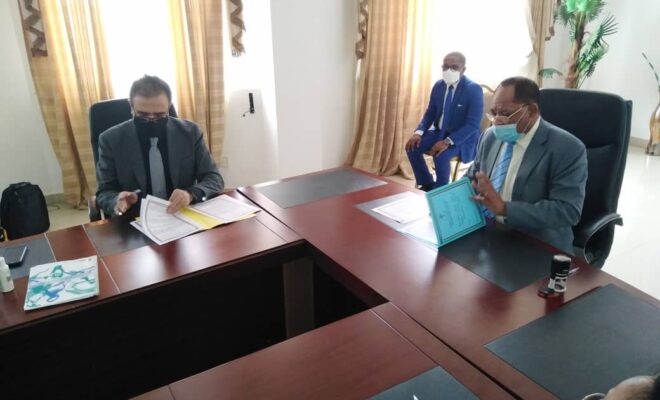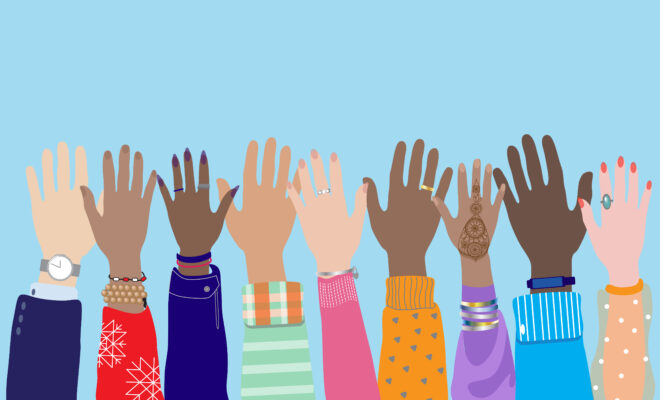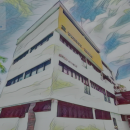Youth leading change through UNESCO IESALC’s BIBO Network

Today, 12 August 2024, we celebrate International Youth Day for the 24th time. As we reach maturity in our reflections on the role of younger generations as holders of rights and responsibilities, let’s avoid repeating formulas and assumptions that are far from expressing the diversity of needs and aspirations of some 1.2 billion young people aged 15-24, who represent for 16 per cent of the world’s population, most of them living in the Global South.
Let’s ask important questions before jumping to conclusions. What does it mean to be young if you come from a rural village that has recently been connected to the Internet through a public hotspot? How does it feel to be a young person living in a sprawling city with an overcrowded transportation system where you spend 4 hours of your day from university to home? And as an 18-year-old considering your prospects for the future of work, what do you envision as a job or a career? Who are your friends? Do you want to migrate for studies? Do you need to migrate to escape a conflict in your country? Have you experienced drought or flooding while growing up? Have you experienced hunger? Being young now, what do you wish for your future and the future generations that will be young after you? What do you hope for?
As young people ourselves, writing this small reflection, we have several doubts and concerns. And what usually connects us to friends and colleagues around the same age are rather similar questions, as well as the willingness to find collective solutions and to feel accompanied on our personal pathways.
If being young means being restless and inquisitive, it also means coming up with innovative answers together, while respecting and admiring the infinite color variations of colors that compose the prism of life. Being a lifelong learner is, in a way, keeping within us the joy of learning new things every day, preserving the spirit of discovery and creativity of children and youth.
Within that spirit, UNESCO IESALC’s Youth Strategy seeks to engage young stakeholders as partners in the planning and implementation of inclusive, equitable and quality higher education for all. Across generations, we need to assess, reflect and transform educational systems to adapt them to the current challenges of sustainable development and those which are still to come. To create this space of dialogue, creativity and common action, the Institute has created the Better Innovation, Better Outcome (BIBO) Network. In 2023, we piloted some activities with young innovators willing to connect and collaborate with us through the network.
As we have been learning together, the 2024 cohort of the BIBO Network is based on a solidified strategy for engagement and co-creation. Youth integrating the network will have opportunities to advocate for and gain visibility for their work on SDGs, produce and participate in podcast episodes, take part or conduct peer-to-peer learning sessions, attend high-level events as speakers and moderators or delegation members, receive capacity –building on applied policy and project implementation skills, and other engagement opportunities that may arise from the the networking development and the continued support to each other.
The 2024 cohort of the BIBO Network has about 50 members, from 23 countries from all UNESCO regions, who have met with UNESCO IESALC on different occasions. The kick-off meeting will take place this week, as part of the this International Youth Day celebrations. The results from the network’s work will be made public through IESALC’s social networks and websites throughout the year, and expressions of interest to integrate the 2025 cohort will be opened early next year. Stay connected and enjoy your day!
Partnership and UN Liaison Unit – UNESCO IESALC
RELATED ITEMS








